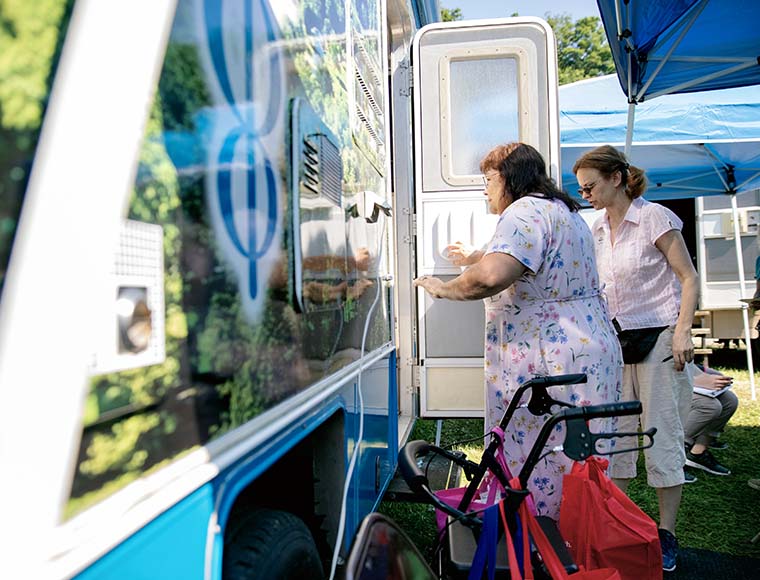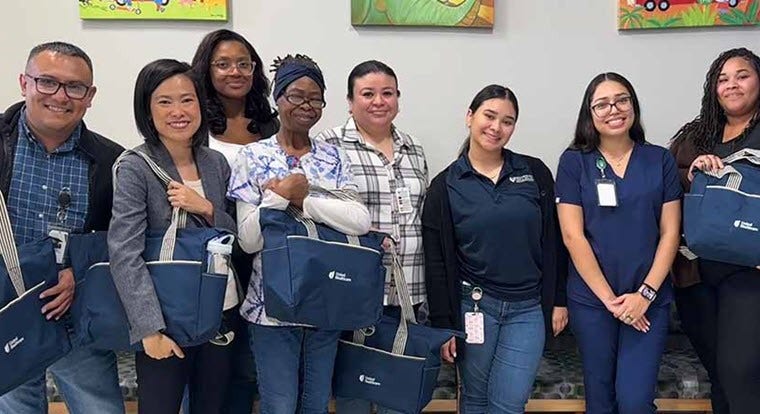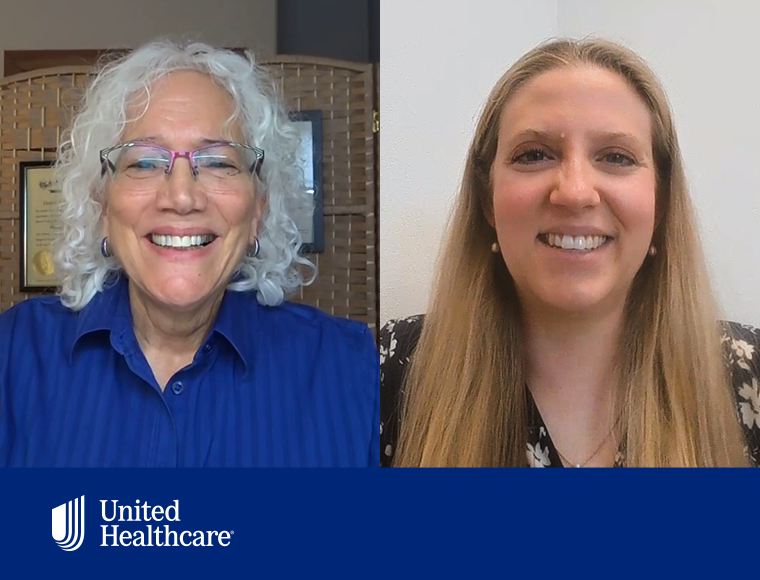The United States continues to lag behind other developed nations when it comes to maternal health, especially for pregnant individuals and babies of color. Black and American Indian/Alaska Native women are 60% more likely to give birth to a preterm baby compared to White women, according to the March of Dimes 2021 Report Card.
As we recognize April’s Minority Health Month and Black Maternal Health Week, it is especially important to shine a light on the inequities of childbirth. The disparities in maternal and infant health are complex with additional factors like socioeconomic status, where a person lives and support systems all playing a part in health outcomes.
Doula care is one resource that can improve maternal outcomes for Black, Indigenous, and People of Color (BIPOC) and low-income individuals. By expanding this individualized and person-centered care within Medicaid, we can increase the number of pregnant individuals having safe, healthy deliveries.
Improving health outcomes for mothers and babies
Doulas are non-clinical professionals who provide physical, social and informational support to pregnant individuals throughout the various stages of pregnancy — from prenatal care to labor and delivery and postpartum care. Having a care team that includes a doula has been shown to positively improve the health of both the pregnant individual and child and it can be an effective tool to improve labor and delivery outcomes.
Doula care is associated with lower rates of cesarean births (C-section), shorter labor and higher Apgar scores for babies at birth, according to The American College of Obstetricians and Gynecologists (ACOG). The C-section rate for Black women is 35.9% compared to 30.7% in White women, according to the March of Dimes. While they are sometimes medically necessary, C-sections before 37 weeks can increase the rate of pre-term-related health issues for babies.
For pregnant individuals on Medicaid, doulas can be a valuable part of their care team. Doulas can serve as a needed advocate and coach, helping pregnant individuals access needed information and assistance to improve their own health and that of their infant.
How to advocate for doula care
In the next few years, we expect the number of states authorizing or implementing doula care as a Medicaid benefit to quadruple. This is partly due to the outcomes seen among states that were early to adopt doula care as a Medicaid-covered benefit. Studies in Minnesota, Oregon and Wisconsin showed that adding a doula to the maternal care team reduced birth complications and minimized unnecessary costs to BIPOC communities.1 Factors associated with cost savings included: reduced use of epidural pain relief and instrument-assisted births; increased breastfeeding; and a reduction in repeat cesarean births, associated complications and chronic conditions.
Despite doula care legislation and interest in many states, there is still much work needed to ensure this benefit is made available through Medicaid, the Children’s Health Insurance Program (CHIP) and other programs. These specific program design elements should be considered as part of any effort to integrate doula care as a Medicaid benefit:
- Classification of doula care as a preventive service
- Coverage for the full range of non-clinical emotional, physical and informational services and supports doulas provide
- Assurance that all populations wanting doula care can access it
- Creation of certification, training and enrollment requirements for doulas that are sufficient but not prohibitive
- Development of reimbursement and rate structures to support billing
Engaging with state partners and working on these elements of doula care will help ensure this person-centered care approach is prioritized in Medicaid.
For more information on how doula care can improve maternal and newborn health, as well as efforts to expand doula care access, watch the video here.
Read more from Nicole Truhe












